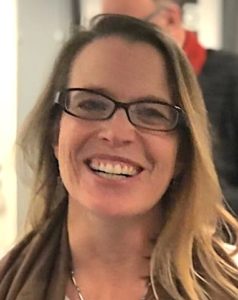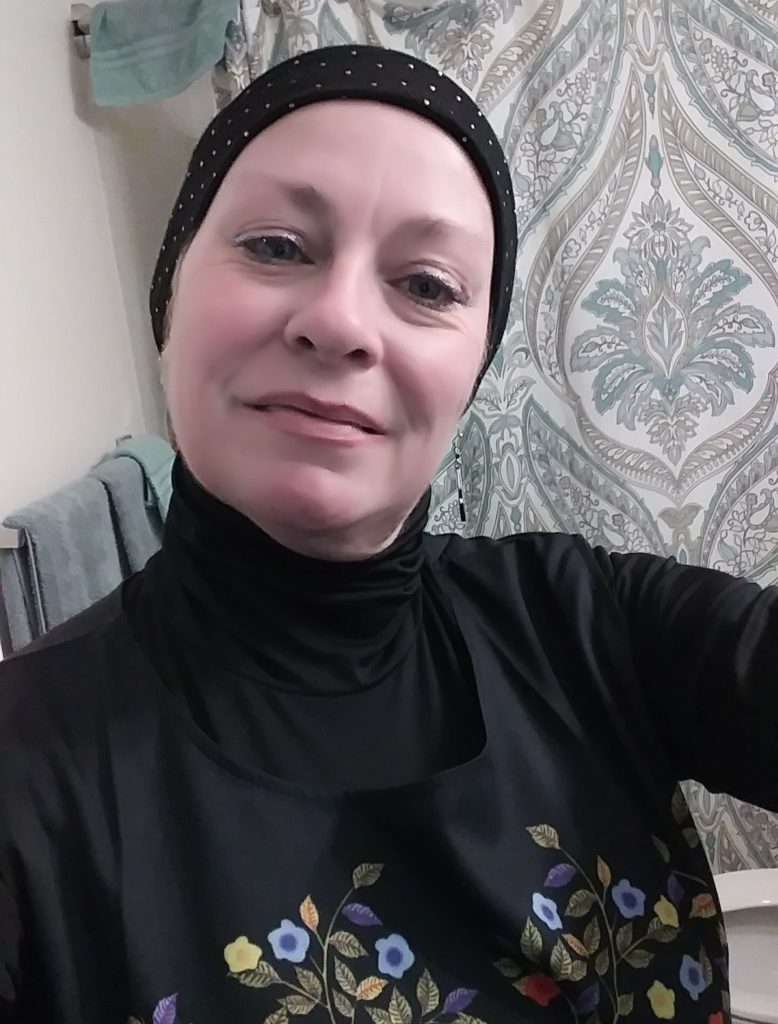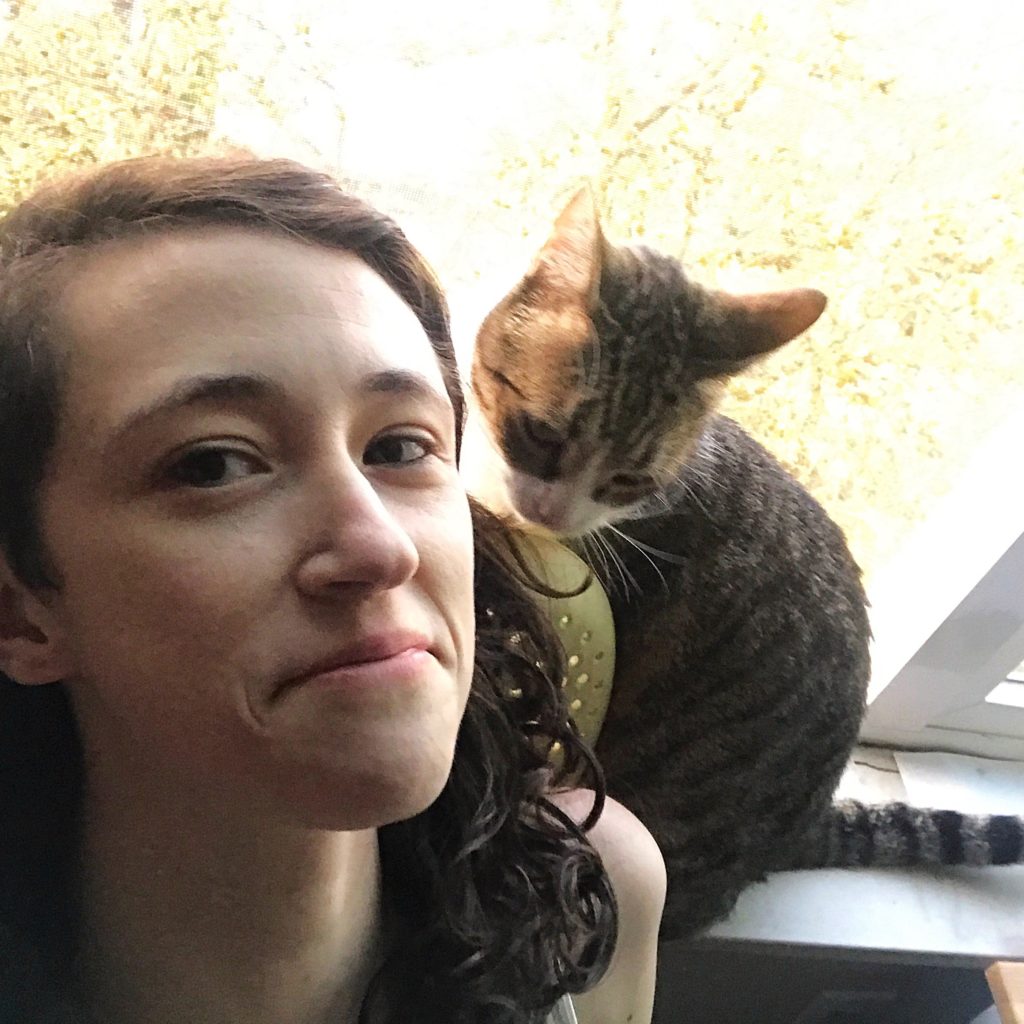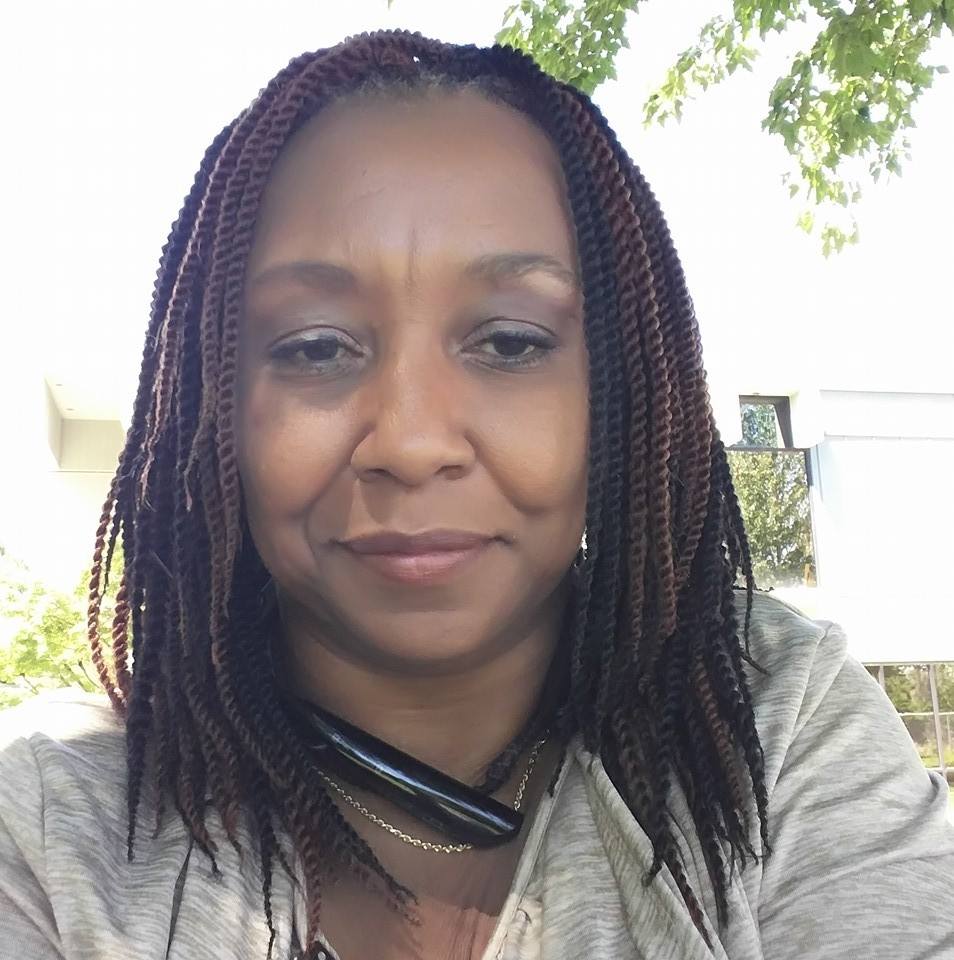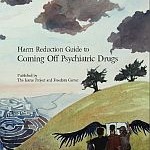by Rethinking Psychiatry Members Cindi Fisher and Rachel Levy
Assisted Outpatient Treatment (AOT) has been around for years, and is currently practiced in 46 states. It is known by different terms in different states, such as “mandated outpatient treatment” or “involuntary outpatient treatment.” It is not a generally well-known or frequently used practice. That may change soon — many in the mental health field are touting AOT as the solution to the failures of the American mental health system. A grant from the federal agency Substance Abuse and Mental Health Services Agency (SAMHSA) is funding expansion of AOT in several states, including Oregon.
According to the Treatment Advocacy Center, a pro-AOT group, “Assisted outpatient treatment is court-ordered treatment for those individuals in this population who meet strict legal criteria. Most commonly, they are too ill to recognize their own need for medical care.” http://www.treatmentadvocacycenter.org/fixing-the-system/promoting-assisted-outpatient-treatment
The idea that certain people don’t realize that they are mentally ill and need treatment (also known as “anosognosia”) is part of the argument in favor of AOT. However, this argument is paternalistic and depends on a highly subjective criteria for who is labeled mentally ill.
There can be some positive aspects of AOT, including supported housing and intensive case management. While evidence for the effectiveness of AOT is mixed at best, some AOT programs have been shown to reduce rates of hospitalization and arrests.
There are significant concerns about the coercive nature of AOT and the violation of civil liberties. Most of all, there are serious concerns about AOT leading to more people being put on psychiatric drugs, when there are safer and more effective alternatives available. AOT is not the only, or the best, way to help people with mental health challenges and save the system money.
The arguments in favor of AOT are based on the erroneous assumptions about the safety and efficacy of psychiatric drugs. As journalist Robert Whitaker powerfully demonstrated in his book Anatomy of an Epidemic, our society’s over-reliance on psych drugs has possibly done more harm than good, and, contrary to popular opinion, there are many people who achieve mental health recovery without drugs.
Two laws behind AOT are Kendra’s Law (New York) and Laura’s Law (California). Both cases involved young women who were killed by men who were diagnosed as mentally ill and were not taking medication. Many articles, for example this one and this one, about the cases argue that if only these men had been on their psychiatric medications, they would not have committed these terrible crimes.
However, these articles fail to mention that many people who have committed violent crimes — especially most mass shooters — were actually taking legally prescribed psychotropic drugs at the time of their crimes or were experiencing withdrawal effects from psychotropic medication. While no clear causation has been proven (and while most people on psychiatric medications do not commit violent acts), there are many concerns that prescription psych drugs might actually raise the risk of violent behavior in vulnerable individuals. This article addresses this extremely troubling trend:
https://markets.businessinsider.com/news/stocks/another-mass-shooting-potentially-linked-to-psychiatric-drugs-1002085657
There are deep flaws in the assumption that mandating psychiatric medication will prevent violent crimes. Even the New York Magazine article, which is unquestioning of mainstream mental health, states at one point, “It is impossible to know if Kendra’s Law has reduced extreme acts of violence”.Many of the arguments in support of expanding AOT are based more on scare tactics than facts.
Certainly, the cases that inspired Kendra’s Law and Laura’s Law are heartbreaking. However, the majority of violent crimes are committed by people who are not diagnosed with major mental illness. Many articles about these cases are based on faulty assumptions and demeaning stereotypes of people diagnosed with mental illness. For a more balanced view, see: http://www.apa.org/news/press/releases/2014/04/mental-illness-crime.aspx
Many proponents of AOT have the best of intentions and truly believe that this is a solution to helping people with mental health challenges. However, there are also special interests that profit tremendously off of requiring more people to be on psych drugs. The way that psych drugs are prescribed is often unscientific and sometimes unethical. Enormous conflicts of interest have been shown between modern psychiatry and pharmaceutical companies. Again, Robert Whitaker, along with co-author Lisa Cosgrove, demonstrates this eloquently in the book, Psychiatry Under the Influence.)
Perhaps nowhere has this conflict of interest been more egregious than in Texas, a state in which AOT treatment is used heavily. Under former governor George W. Bush, Texas enacted the Texas Medication Algorithm Project, despite widespread criticisms that this model was based on blatant conflicts of interest with pharmaceutical companies and lead to dangerous overmedication of vulnerable people. It also bankrupted the state’s Medicaid program without showing any clear benefit to public health and safety. However, this model has been adopted as a standard of care in American mental health care, and we are seriously concerned that expanding AOT will be a continuation of this trend.
For more information, see these articles:
http://www.mindfreedom.org/kb/psych-drug-corp/tmap/Texas-vs-TMAP-drug-fraud
https://tmap.wordpress.com/2008/08/25/allegations-halt-drug-recommendations/
We are extremely uncomfortable with the idea of requiring people to participate in a system that has shown such blatant disregard for ethical and scientific standards and that has repeatedly placed profits over people’s health and safety. The TMAP project has been treated as a legitimate standard of care, when in fact it was a transfer of wealth from the state’s Medicaid system to pharmaceutical companies.
While AOT has widespread support in some circles, many people have criticized its inherent racial biases and civil liberties violations:
https://news.utexas.edu/2016/03/25/involuntary-outpatient-commitment-should-give-us-pause
https://www.huffingtonpost.com/scott-bryantcomstock/its-time-for-mental-healt_b_10217262.html
There is no doubt that we need more choices in our mental health system. However, we are looking for options that are truly comprehensive and collaborative, rather than coercive. Programs like Open Dialogue and Intentional Peer Support have shown real success in helping people achieve recovery while respecting individuals’ rights to self-determination.
For more information on Cindi Fisher’s work see:
http://www.mindfreedom.org/photos/cindi-fisher-endorsement/view
https://www.madinamerica.com/2015/10/siddhartha-1984-the-murphy-bill-and-more/
